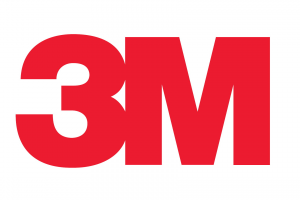IFRS Corner
25.08.2009Company: Amcham
In this part of our newsletter, we feature the main items of news from the International Accounting Standards and International Financial Reporting Standards (IAS/IFRS). This focuses on new standards (and/or amendments thereto), currently discussed topics and the practical application of IFRS.
Business combination forward contracts – derivatives or not?
In April 2009, the IASB issued amendments to the current wording of IAS 39 – Financial Instruments: Recognition and Measurement, specifically to the introductory section.
The amendments refer to the applicability of the exemption in paragraph 2(g) of IAS 39 – under which contracts on business combinations at a certain date in the future are not governed by IAS 39.
The Board found that, in practice, diverse approaches were being used in terms of the application of the exemption, and concluded that paragraph 2(g) should be restricted to forward contracts between an acquirer and a seller relating to a business combination at a future date.
The exemption should not apply to option contracts – whether or not currently exercisable – that upon exercise would result in control over an entity.
The Board agreed that the purpose of paragraph 2(g) was to exempt contracts for business combinations that were firmly committed to completion from the provisions of IAS 39. The exemption should, thus, apply solely to business combinations the completion of which is not dependent on the future actions of either party, but only on the lapse of a certain usual period of time.
On the contrary, option contracts allow one of the parties to control the future completion of a business combination by choosing whether or not to exercise the option.
Further discussion referred to the applicability of paragraph 2(g) to be extended to contracts on the acquisition of investments in associates. However, the acquisition of an investment in an associate represents the acquisitions of a financial instrument; not the acquisition of a business with a subsequent consolidation of net assets. This means that paragraph 2(g) cannot be applied to investments in associates.
These changes are effective for all open contracts for the period commencing 1 January 2010.
Source: A Briefing for Chief Executives, Audit Committees & Board of Directors, IASC Foundation Education
If you would like to learn more about the IAS/IFRS, please do not hesitate to contact us. We will be more than happy to assist you.
Hana GREGÁSOVÁ, Manager, TACOMA Audit
Tel: +420 226 219 000
E-mail: hana.gregasova@tacoma.eu
www.tacoma.eu







